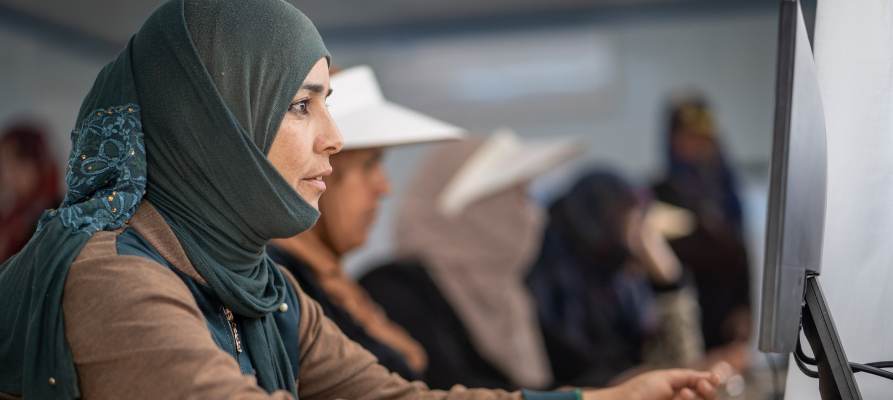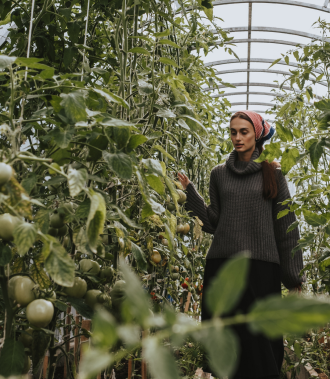About the project
Developing the INTERNISA network of synergies to increase the number of digitally skilled women employed in the ENI CBC MED territories via matching demand and supply in the labour market.




The territories involved in the ENI CBC Med Programme suffer from high unemployment rate and low participation of women in the labour market. At the same time, job growth is hindered by the low penetration of digital innovation in Mediterranean territories which hampers the capacity of small enterprises to find access to know-how or venture capital for innovation. With the aim of providing training in digital skills to women and know-how about digitalization approaches to businesspeople, INTERNISA will combine training in the digital sector with professional development in the agri-food, textile, tourism and financial sectors. To reach its objective, the project will develop online and offline services addressed to women and employers providing training curricula and personal consulting. Project activities will culminate with interventions related to match-making of labour demand and supply through an online platform and job fairs to foster contacts among job seekers and employers.
Acronym
Full title
Thematic objective
Priority
Countries
INTERNISA
Developing the INTERNISA network of synergies to increase the number of digitally skilled women employed in the ENI CBC MED territories via matching demand and supply in the labour market.
A.3 Promotion of social inclusion and the fight against poverty
A.3.1 Professionalization of young people (NEETS) and women
Greece, Jordan, Spain, Tunisia, Lebanon, Palestine, Italy
Objective
To bridge the digital gender gap and provide marketable digital skills in Mediterranean territories by developing a network and a portal that brings closer the demand and supply of the labour market, providing women with digital skills, and delivering professional training in the agri-food, financial, textile, and tourism sectors.
What will be improved?
During the project, the INTERNISA network will foster the hiring of 400 women trained in digital skills through short-term crowdworking & traineeships and long-term full-time jobs. INTERNISA’s impact is to provide an inexpensive and sustainable mechanism to ensure that businesspeople, women and public authorities have access to training and know-how to develop their digital skills.
Who will benefit?
- 1,000 women and NEETs with free access to training resources on digital skills
- 800 businesses operating in the agri-food, tourism, textile and financial sectors
- 50 public sector employees offering policy knowledge on digitalization and women’s empowerment
Expected achievements
- 400 women trained in digital skills hired
- 9 sets of online and offline training based on digital skills and innovations
- 1 online portal including labour supply and demand match-making mechanism and 1 mobile app
- 1 info point to access offline advising

Contribution to policy-making
Public authorities, through training packages and seminars, will provide their members with know-how on how to apply good policies for promoting women’s employment and digitalisation. The development of online and offline training curricula and tools will facilitate knowledge, skills development of public sector employees. Finally, the project will develop a series of policy recommendations to foster professionalization of women through digital skills.
The project in numbers
data
3.8
milion €
Total budget
3.4
milion €
EU contribution
10 %
Project co-financing
perimeter
9
Partners
7
Countries
25
Technical
outputs
duration
05
October 2020
Start date
04
April 2023
End date
Partners
Associates
| Role | Name of the organisation | Country |
|---|---|---|
| Associate 1 | Camera di Commercio Arezzo-Siena | Italy |

